One of the reasons many affluent Cairenes are choosing to vacate the heart of the city and take refuge in enclosed compounds in satellite neighborhoods is to escape the noise. But while the quiet may help with a good night’s sleep, the absence of Cairo’s carnival of sounds can bring about a melancholy feeling of solitude and forlornness after a long day in the city.
A city that truly never sleeps, Cairo’s soundscape has become a key part of its character, and for visitors, it is also one of the most memorable aspects of a day spent in the city. We asked our readers to tell us what sounds they associate with Cairo, and while most of them may be found in other Egyptian towns and cities, they remain emblematic of the capital’s vibrant and at times chaotic charm.
Robabekya
On a wheelbarrow attached to a bicycle, a man buys and sells Robabekya – the Egyptianized version of the Italian phrase roba vecchia, literally meaning ‘old stuff.’ Trading in everything from clothes to tools to spare parts, this man cycles through the streets, yelling his famous word: “Robabekya!” often shortened to just “Bekya!” in the hope that one of the ears it falls on belongs to someone willing to buy or sell.
Street vendors

Bread, fuul, sweet potatoes, juice and cold infusions: these are but a few of the products street vendors roam around Cairo offering. Each vendor composes his own calls or songs that he bursts into to tell passersby of the quality of his product, enticing them to stop by and do business. Sometimes street vendors use what they have to come up with novel ways to announce their presence. Among the most famous sounds is the resonating chime of keys on gas cylinders, a product needed by many Egyptians to power their stoves.
Adhan
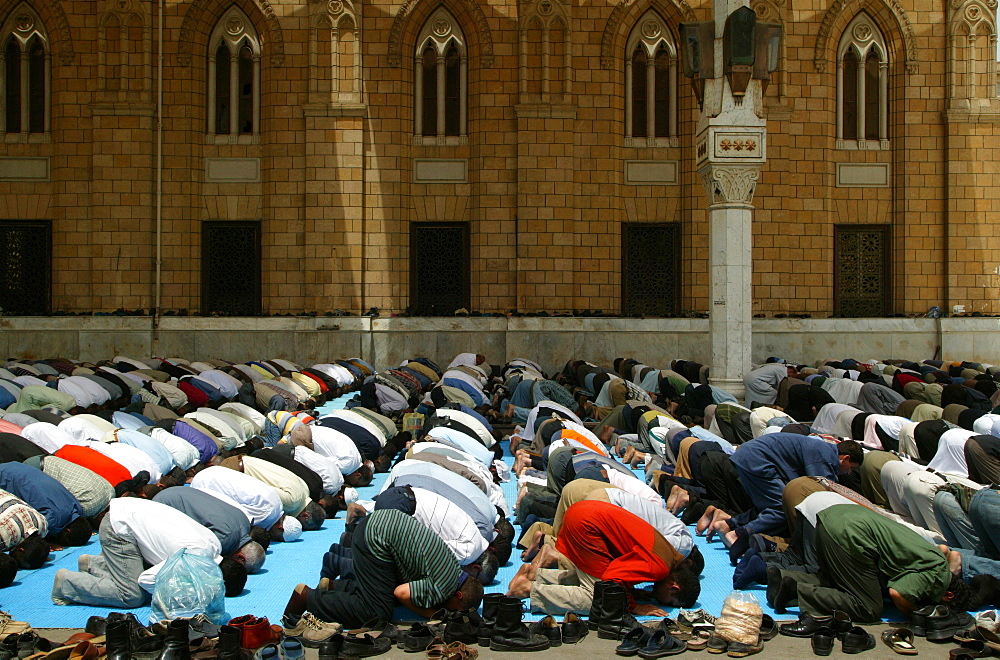
Though you are likely to hear a call to prayer from the nearest mosque wherever you are in Egypt, there is something different about being in the city and hearing the adhan surrounding you from all sides, sung in different voices. This is at its most impressive during the holy month of Ramadan at the maghrib (sunset) prayer time, when the city is in a state of uncharacteristic calm and quiet, and everyone is waiting for the voices of the muadhins to echo into their homes, telling worshippers to break their fast and pray.
Mesahharaty
Also heard in Ramadan is the voice of the Mesahharaty and the sound of his drum as he sings a song to wake those intending to fast in time to have suhoor, the nighttime meal eaten to fuel up on food and water before the fasting begins. His famous call is an icon of Ramadan and has been made into many songs by legends of Egyptian music.
El Tabbaa’
Despite his unclear diction, el tabbaa’ speaks a language clear to all those who frequent public transportation in Cairo, especially microbuses. This man will call out the route or final destination of the microbus loudly to let commuters know if this is theirs to catch. In an informal, though highly essential system of transportation, his presence is as important as numbers and routes on a public bus.
Umm Kulthum playing in taxis and cafes
If you have ever caught a cab not long before midnight after an evening out with friends, you may remember being serenaded by the dulcet tones of El Sett, Om Kalthoum, on the 11 p.m. slot reserved for her every day on the radio. On that drive you may also pass a traditional qahwa, where you will see the men gathered around the radio or the television, listening to Kawkab Al-Sharq (the Star of the East), as Om Kalthoum was nicknamed, while they sip their tea.
Shisha
Layered with the sound of Om Kalthoum’s voice and the clinking of glass tea cups in their saucers in the qahwa is not only the sound of dice rolling in tawla games or Domino tiles clicking together, but the sporadic, low rumbling of the store of water at the base of a shisha as someone takes a drag. But this unmistakable sound is not only reserved for traditional qahwas where most of the patrons are men, but also at more modern, sometimes Westernized cafés where groups of girlfriends, young and old, catch up over a hagar, or a round of shisha coal.
Doaa’ el Safar in elevators
Symbolic of some Egyptians’ overly cautious nature, as well as the tendency to feel reassured after saying or hearing a prayer, many elevators in public and residential buildings in Cairo have installed sound systems that play a rendition of Doaa’ el Safar (travel prayer) when the elevator grinds into motion. When exactly this tradition came about is unclear, but residents of Cairo are no longer likely to be surprised when they press the button of the floor they are going to, to find the prayer coming out of a speaker hung above them.
Children playing football in the street
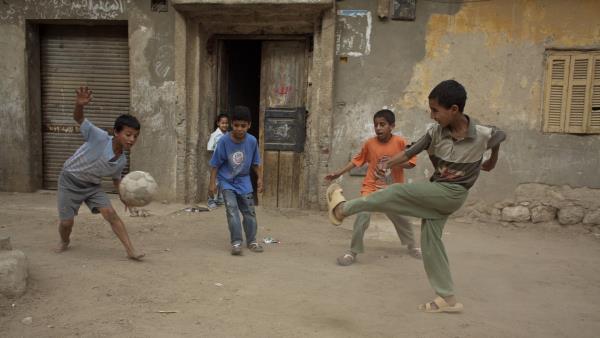
‘Football’ is a loose term here. That ball may be made out of old socks or a balloon wrapped in old socks, sponge, thick thread, or rubber glue. And the rules aren’t the same as the ones you know if you follow football matches, either. But getting together to play a game of football on the streets is a staple of childhood in Cairo. The children of the neighbourhood will gather together and unleash their competitive spirits and passersby will hear shouts of “Bassy!” (pass), “Khosh aleih!” (press), “Rage’a!” (back up), “Foul!”, “Hands!” the Egyptianized version of handball, “Belen!” the Egyptianized version of penalty, and of course, either “Gon!” (goal) or “Mesh gon!” (not a goal).
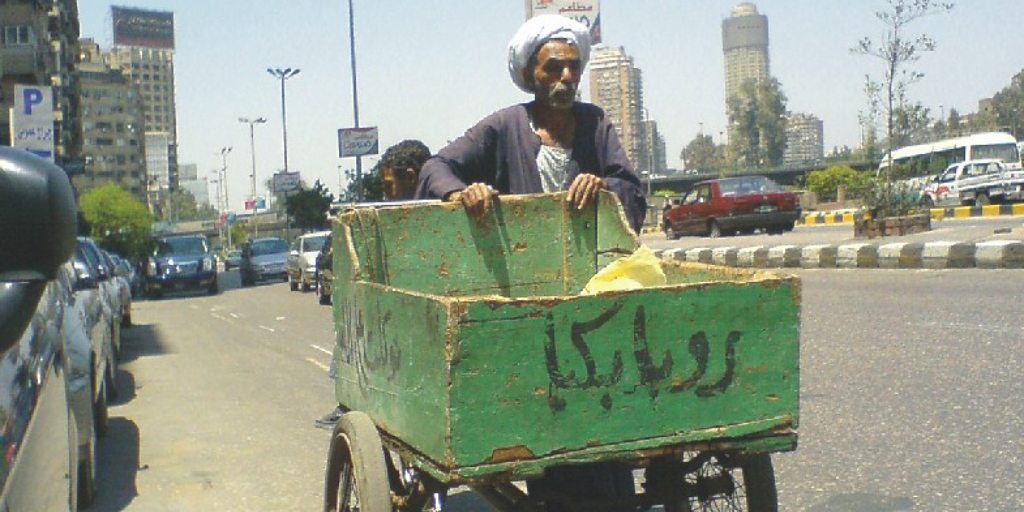
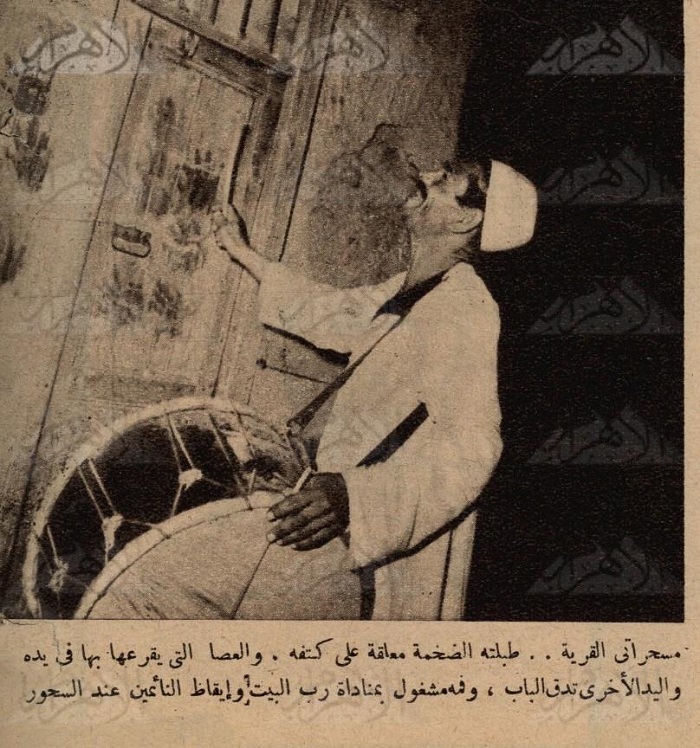
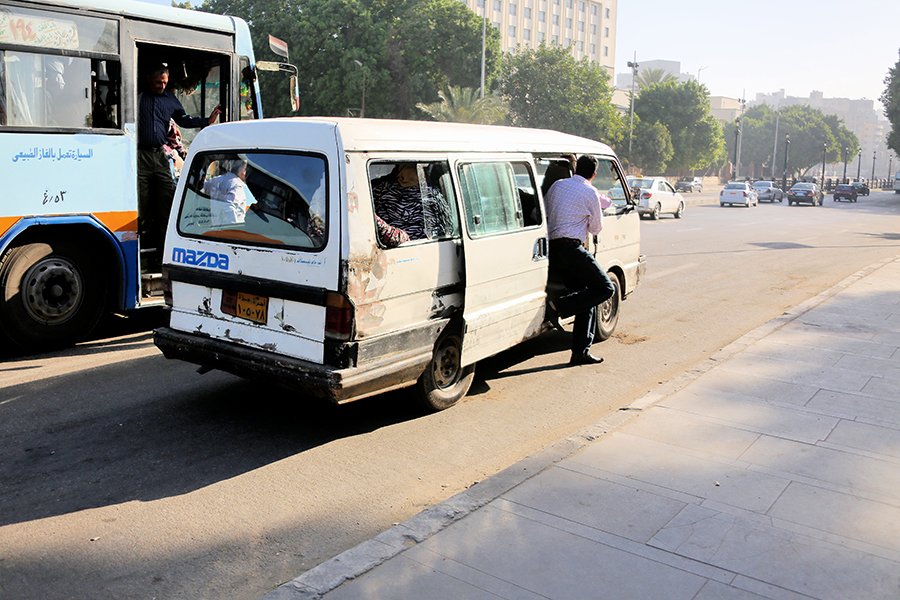
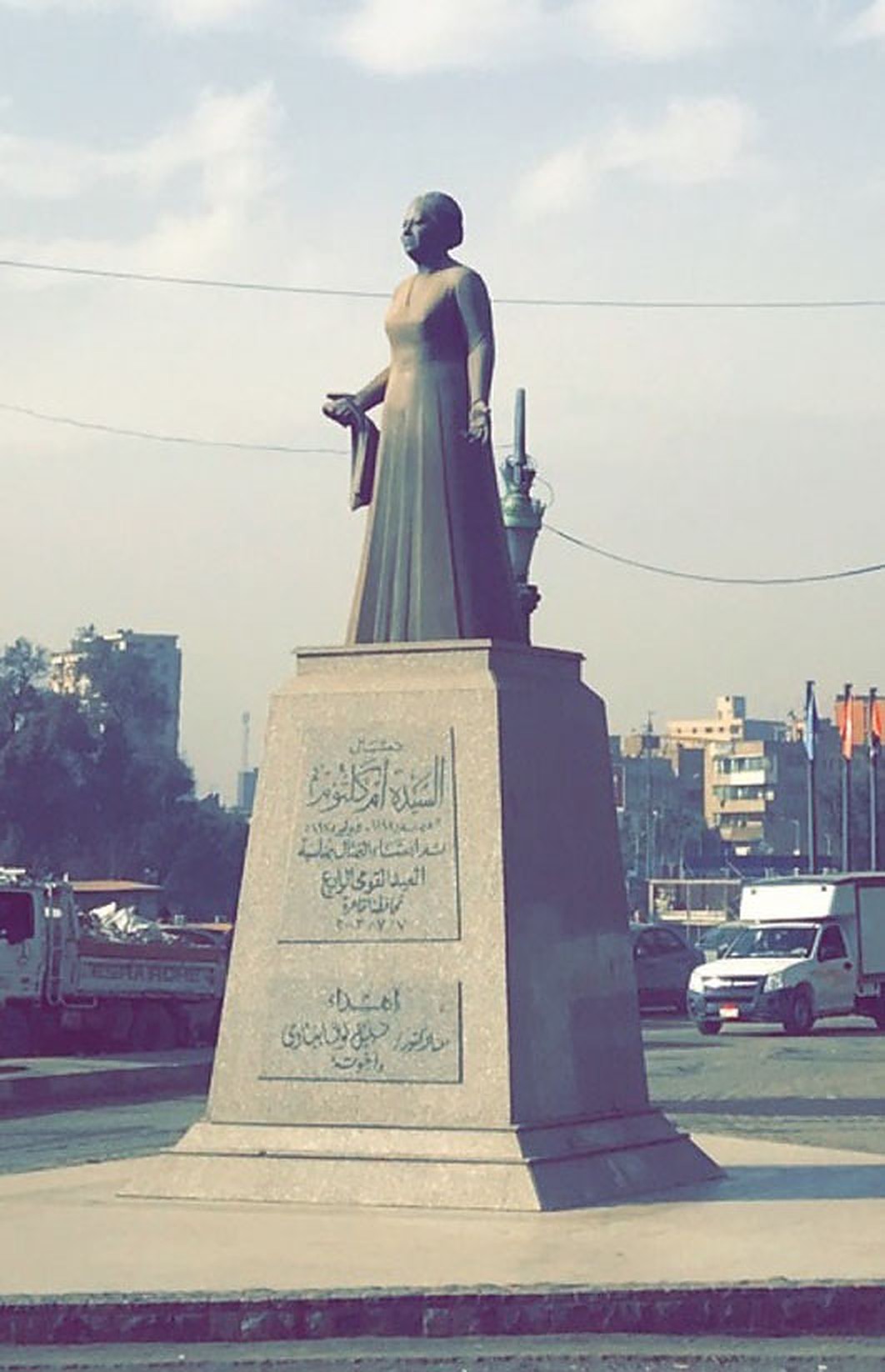
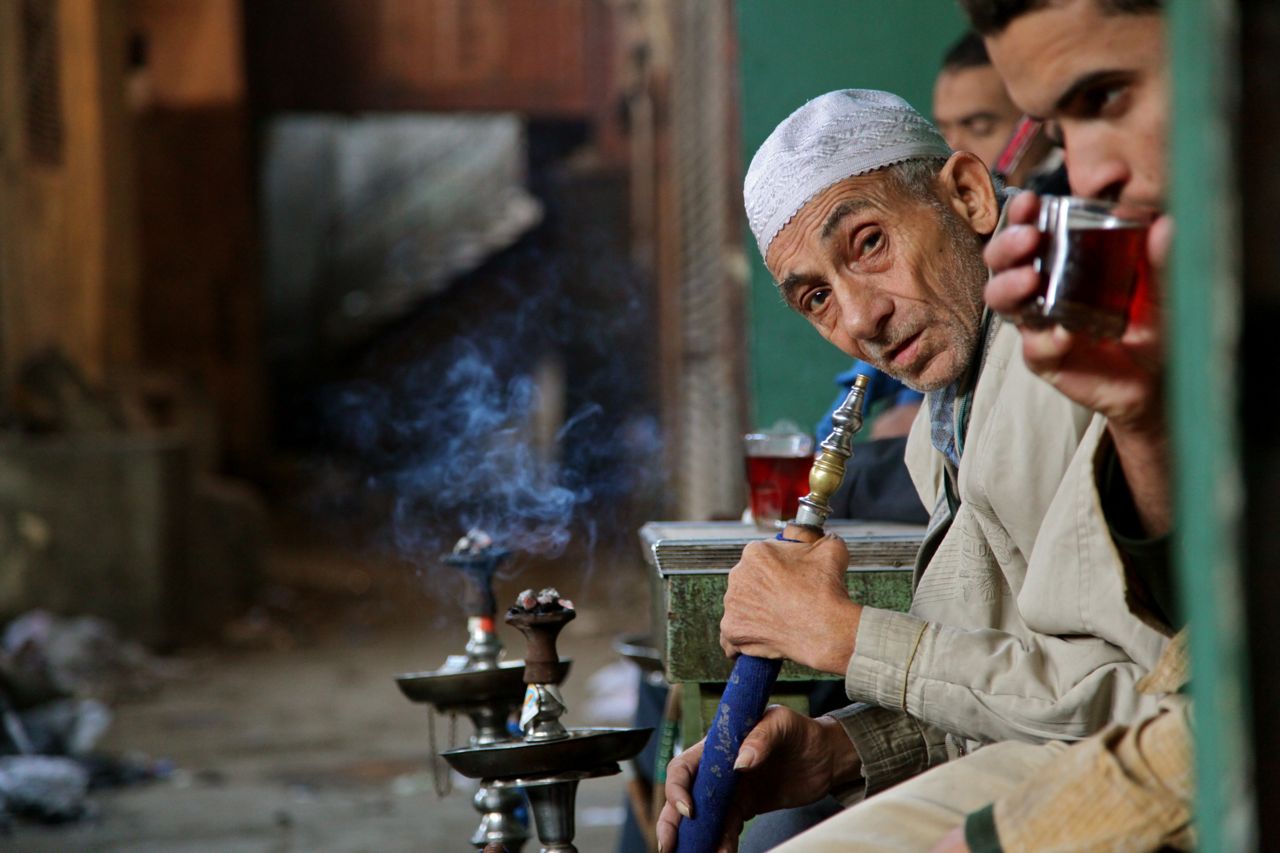


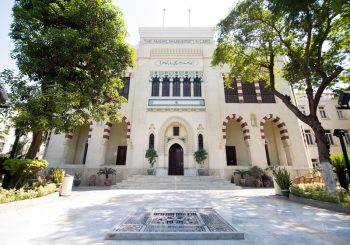
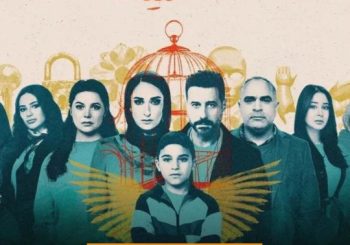
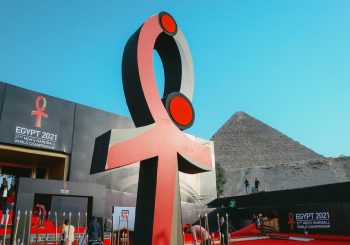
Comments (0)